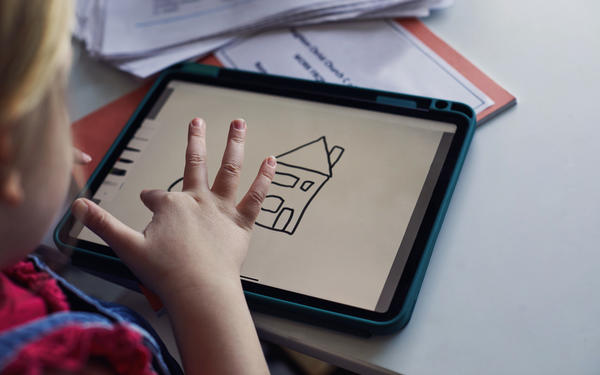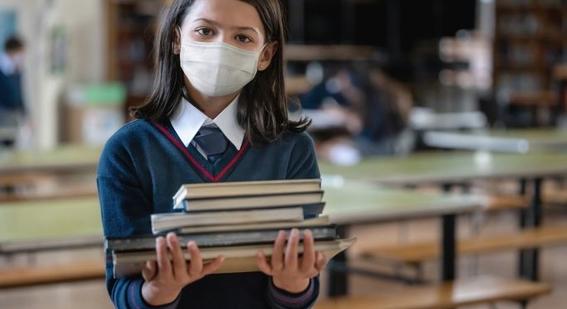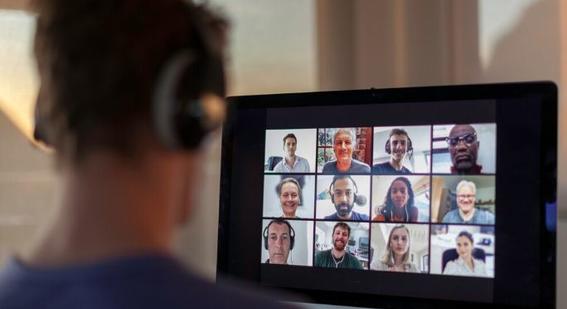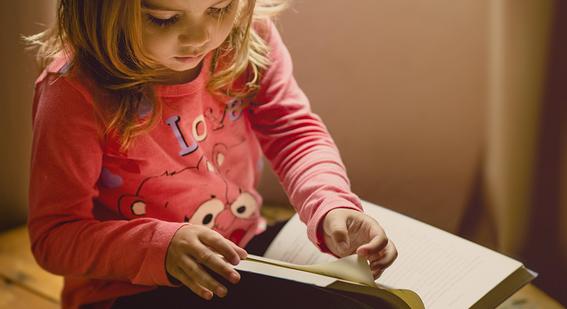Lessons in lockdown: the challenge of doing things differently
When the bubonic plague shut Cambridge colleges in 1665, Isaac Newton developed his law of universal gravitation. When the plague returned again and London’s theatres shut in 1606, Shakespeare wrote his great tragedy King Lear. When the Covid-19 crisis of 2020 struck, shutting schools and putting businesses into lockdown, Cambridge University Press and the UAE Ministry of Education collaborated on an innovative programme of digital storytelling.

For many people, lockdown has resulted in a major shift towards living more online to compensate for what we cannot do in person. Lessons for many children have moved to the digital sphere. Many workplaces have adapted to the disruption and are considering adopting more flexible patterns of working. We have welcomed distant family members and friends into our homes perhaps a little more frequently than before the crisis.
At Cambridge, we have been in regular touch with partners around the world to understand the impact of and reactions to the crisis. We had previously worked closely with the UAE Ministry of Education to develop Bridge to Success, an English-language programme delivered in state schools across the Emirates. When we heard about the Ministry’s innovative UAE Storytime, we were keen to see what support we could provide.
We formed an agile project team between Cambridge and the Ministry’s English curriculum team, identified suitable stories from the Cambridge Reading Adventures series, reached out to authors to guide them through recording narration, sourced 3D augmented reality objects, edited, and began posting six special episodes to an audience of thousands of viewers on YouTube.
Like many of the things disrupted by Covid-19 that we had previously taken for granted, this collaboration has resulted in some innovations out of necessity, but which may yet become standard ways of working.
- We already make use of online document sharing through Google Drive, and collaborative reporting and documentation through Smartsheet, but Microsoft Teams has become an integral tool for collaboration with partners outside of Cambridge.
- Video recording has become simpler and cheaper. Integrated webcams and mobile phones produce increasingly high-quality video output, and many people now have good-quality audio recording devices. Self-filming comes with its own limitations, however, and our briefing to authors has had to evolve to consider the height cameras should be set at as well as guidance for choosing uncluttered backgrounds and adjusting lighting.
- Augmented reality has become easier to use and can be quick to produce. Most smartphone cameras will now recognise QR codes without the user needing to navigate to a QR code reader. AR object libraries also saved the team from needing to develop bespoke objects for the project.
- Live broadcast attracts a small, engaged audience online – UAE Storytime is broadcast on YouTube at the same time each week. Asynchronous access represents by far the largest viewership – within 24 hours of first broadcast, views are typically five times higher than in the first half-hour. However, the use of social media and hashtags means that the pre-recorded experience is very similar to the live experience. (It also means that rather than being restricted to national boundaries we have reached viewers in 33 countries.)
- Even though the school year has ended, we can still reach students through their parents. Coverage in regional media (here, here, and here) and promotion via Cambridge and Ministry social media channels helped to raise awareness and engage learners who might otherwise be hard to reach at this time of year.
In the meantime, UAE Storytime continues to be broadcast Tuesdays at 7pm UAE time (3pm UTC/GMT), with the final two episodes of Cambridge Reading Adventures to be broadcast on Tuesday 11 August and Tuesday 18 August.
While we will be sad to finish this initiative, which has come to be something of a highlight in lockdown, we’ll be bowing out on a high with a special bonus seventh episode broadcasting on Tuesday 25 August. Featuring stories from Bridge to Success read by members of the team who worked on the series, we’ll be recording our lockdown hair for posterity and helping young people across the world stay engaged with learning in what has been for many the most disrupted year of schooling in living memory.




